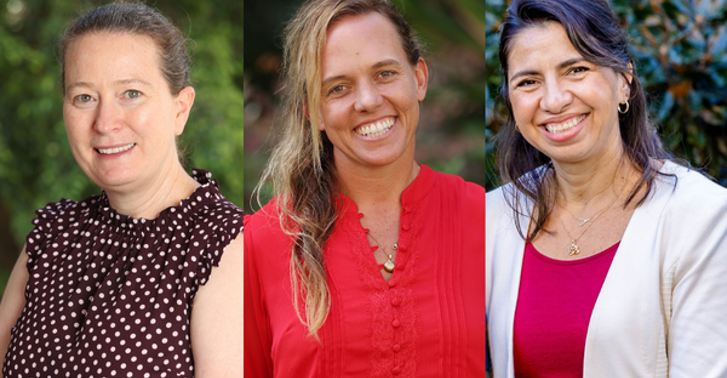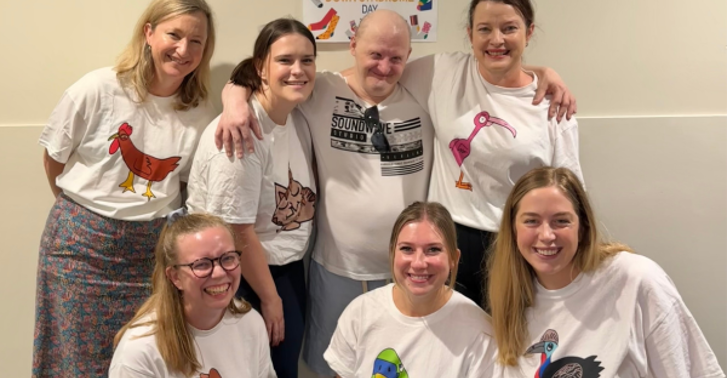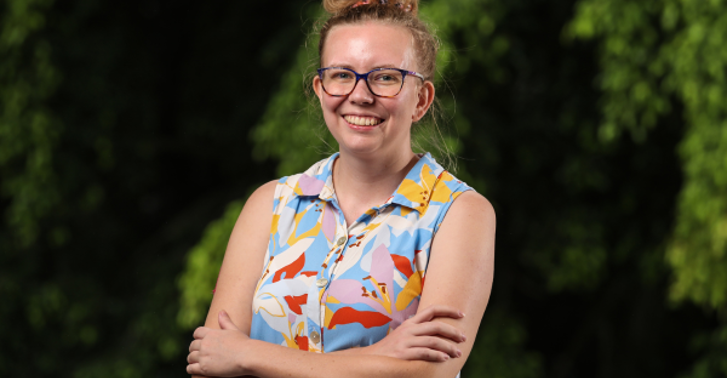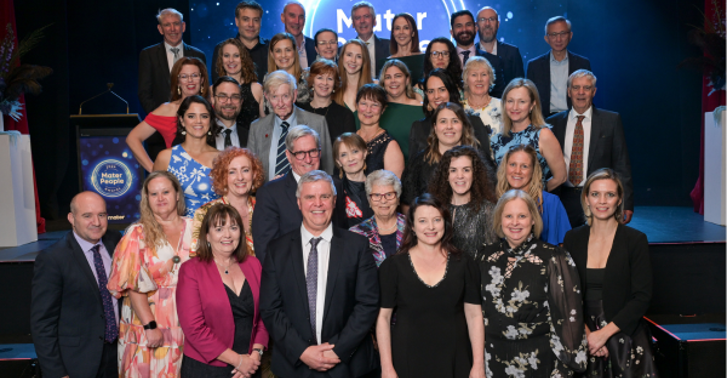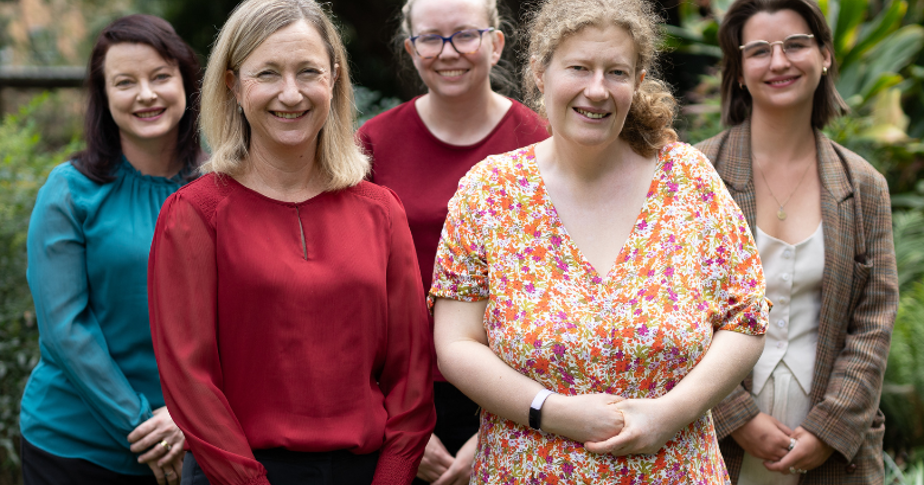
Mater is at the forefront of a new national centre that aims to transform health care for Australians with intellectual disabilities.
The National Centre of Excellence in Intellectual Disability Health was opened today by the Assistant Minister for Health and Aged Care, Ged Kearney.
The centre, which is receiving $23.9m of support from the Federal Government, will be a catalyst for action to ensure people with intellectual disability have improved access to quality, timely and comprehensive health care.
The centre brings together strong advocacy, clinical and research experience in intellectual disability health from across Australia and is led by a consortium including the University of New South Wales, the Council for Intellectual Disability, Down Syndrome Australia, Queenslanders with Disability Network, First Peoples Disability Network Australia and the University of Melbourne.
A key member of the consortium is the Mater Intellectual Disability and Autism Service (MIDAS), which is affiliated with The University of Queensland.
MIDAS operates from Mater Research and the Mater Young Adult Health Centre in South Brisbane and works with around 530 patients each year.
The service will lead Health Service Development for the national centre.
Director of MIDAS Dr Cathy Franklin said its strong track record in clinical work, education and research meant the service would play a leading research role in the consortium – and drive meaningful change for people with intellectual disabilities.
“MIDAS is the only outpatient clinical service in Queensland that offers health and mental health care for people with intellectual disability that is directly accessible to the general public by GP or specialist referral,” Dr Franklin said.
“Being the national centre’s Health Service Development lead means that we will be at the forefront of improving health outcomes for people with intellectual disability.
“We welcome government investment in expanding specialised health services for this population.”
The creation of a national centre was a priority action under the recently launched National Roadmap for Improving the Health of People with Intellectual Disability.
As a woman who lives with intellectual disability, Ruby DeGreef knows all too well how difficult the healthcare system can be to navigate.
Ms DeGreef works part-time with MIDAS as a research assistant to ensure that her voice, as a person with lived experience of intellectual disability, contributes to informing research and policy.
“People with intellectual disability should be involved in all things that affect us,” Ms DeGreef said.
“The national centre will help people with intellectual disability have better healthcare and it will make going to hospital easier. I am looking forward to working together with everyone on the national centre.”
Image (from left): MIDAS team members Dr Cathy Franklin, Cathy Beck, Dr Katie Brooker, Ruby DeGreef and Sinead Green.
